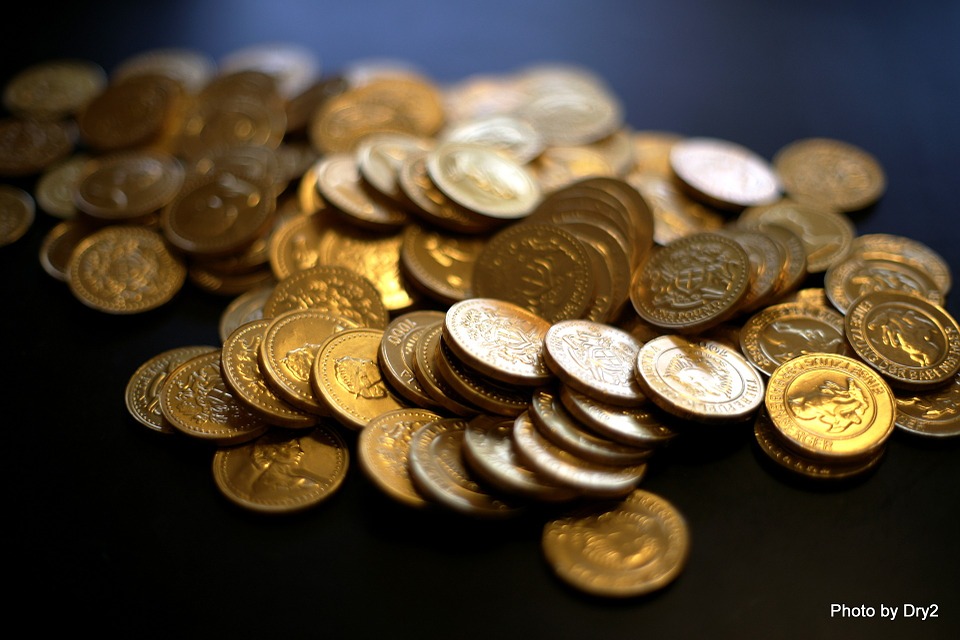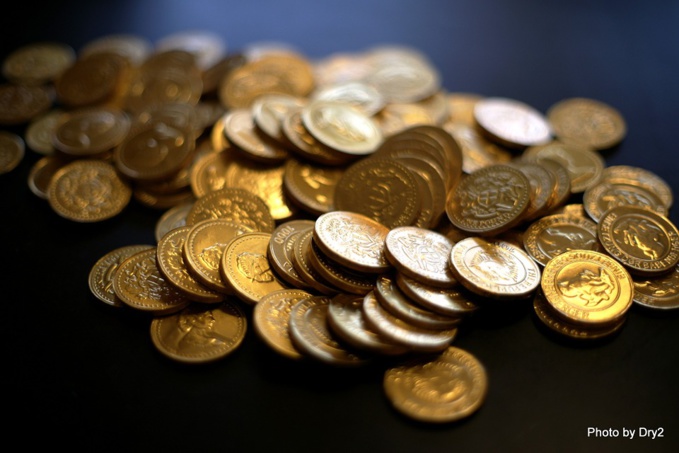In addition, the EU executive body’s decision is also aimed at strengthening supervision of bank accounts and improving transparency of trust funds owners throughout the EU. The European Commission offered to reduce maximum amount of funds on prepaid cards from 250 to 150 euros ($ 167). It is known that organizers of the terrorist attacks in Paris in November 2015 actively used similar cards.
According to the European Commission's proposals, virtual currency platform like Bitcoin will be aligned with the rules on anti-money laundering. The platforms’ users will be required to identify and control the committed transactions, just like banks do.
As stated by European Commission’s Vice President Frans Timmermans, these suggestions will help law enforcement agencies find people who are trying to hide information about their finances to support terrorist activities. According to Timmermans, European Union countries will be able to exchange necessary information about who actually owns online currency companies or funds, or uses a prepaid card.
In the future, all EU Member States will be obliged to set up special centers to store information about the accounts’ owners and movement of their funds. In the event of suspicious activity, local authorities will be able to quickly get all available information about the transactions.
The Commission has also put forward proposals to limit loopholes used for tax evasion. Under the new rules, the tax authorities will have access to information on the national anti-money laundering, which includes information about the real owners of companies and funds. All proposals of the European Commission are soon to be approved by EU governments.
Some terrorist organizations create legitimate enterprises and make profits from them. More often, however, the criminals use these companies for money laundering. Many organizations related to agriculture and construction also help terrorists. In 2001, for example, New-York Times reported that Osama bin Laden has a network of supermarkets selling honey, operating in the Middle East and Pakistan. The terrorists’ leader used the received income not only to fund terrorist groups, but also used shipping of honey as a smear for transportation of money and secret weapons.
Another source of terrorist groups’ income is selling artificial products and antiquities of Iraq and Syria, and their subsequent dispatch to other parts of the world. At different times, in different cultural regions, there were many terrorist organizations that raised income from smuggling of historical artifacts. However, given ISIL’s terrible war crimes such as mass executions and human rights violations, destruction and illegal export of cultural property may not seem too much flagrant.
In order to eradicate terrorism in the world, it is necessary to penetrate its most secret layers and find answers to some questions. For example, why some governments and countries are using terrorist groups to confront other governments and countries? And what economic and political interests involved in drive creators of these groups?
source: reuters.com
According to the European Commission's proposals, virtual currency platform like Bitcoin will be aligned with the rules on anti-money laundering. The platforms’ users will be required to identify and control the committed transactions, just like banks do.
As stated by European Commission’s Vice President Frans Timmermans, these suggestions will help law enforcement agencies find people who are trying to hide information about their finances to support terrorist activities. According to Timmermans, European Union countries will be able to exchange necessary information about who actually owns online currency companies or funds, or uses a prepaid card.
In the future, all EU Member States will be obliged to set up special centers to store information about the accounts’ owners and movement of their funds. In the event of suspicious activity, local authorities will be able to quickly get all available information about the transactions.
The Commission has also put forward proposals to limit loopholes used for tax evasion. Under the new rules, the tax authorities will have access to information on the national anti-money laundering, which includes information about the real owners of companies and funds. All proposals of the European Commission are soon to be approved by EU governments.
Some terrorist organizations create legitimate enterprises and make profits from them. More often, however, the criminals use these companies for money laundering. Many organizations related to agriculture and construction also help terrorists. In 2001, for example, New-York Times reported that Osama bin Laden has a network of supermarkets selling honey, operating in the Middle East and Pakistan. The terrorists’ leader used the received income not only to fund terrorist groups, but also used shipping of honey as a smear for transportation of money and secret weapons.
Another source of terrorist groups’ income is selling artificial products and antiquities of Iraq and Syria, and their subsequent dispatch to other parts of the world. At different times, in different cultural regions, there were many terrorist organizations that raised income from smuggling of historical artifacts. However, given ISIL’s terrible war crimes such as mass executions and human rights violations, destruction and illegal export of cultural property may not seem too much flagrant.
In order to eradicate terrorism in the world, it is necessary to penetrate its most secret layers and find answers to some questions. For example, why some governments and countries are using terrorist groups to confront other governments and countries? And what economic and political interests involved in drive creators of these groups?
source: reuters.com



















